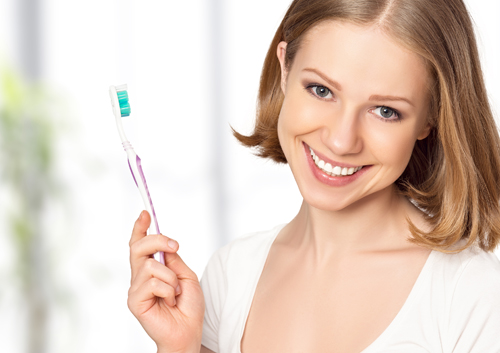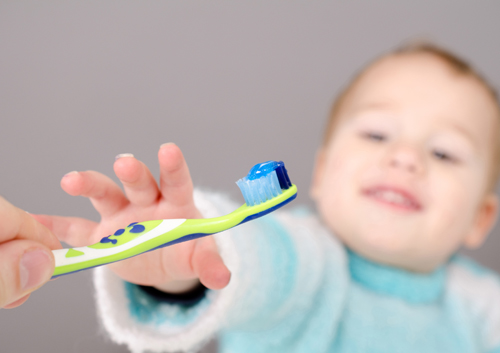Thirsty? We Have Some Ideas on Tap
October 26th, 2023

No, we don’t mean the latest foamy offering from your favorite microbrewery. When you’re thirsty, one of the best options available is literally at your fingertips—tap water, straight from your faucet. It might not be the most adventurous choice, but drinking a tall glass of fresh tap water is refreshing in so many healthy ways.
Physical Health
Water conveniently available at home is much more than a convenience. We need to keep hydrated, because our bodies are made to run on water. To name just a few of its benefits, water provides nutrients to organs and cells, eliminates waste, regulates our temperature, and protects our joints and delicate tissues. Dr. Meuselbach and our West Chester team will tell you all about the importance of proper hydration when it comes to your mouth, gums, and teeth, but here are a few highlights:
- We need to be hydrated to produce enough saliva. Saliva, which is more than 90% water, helps prevent cavities and protect enamel by both washing away bacteria and balancing acids in the mouth which can cause decay.
- Tooth enamel is so strong because it’s made of calcium and phosphate. These minerals are leached from our enamel by both bacteria-produced acids and dietary acids. Saliva also contains calcium and phosphate, and, with fluoride, restores these minerals in our enamel, leaving teeth stronger and less likely to develop cavities.
- As a bonus, a quick rinse with water when you can’t brush after eating is a great way to remove food particles left behand—especially healthy when you’ve had sugary or acidic foods.
Ecological Health
If you want to reduce waste, one of the easiest ways to do so is to use tap water instead of bottled water.
- Bottled water has a carbon footprint. It takes energy (and additional water) to create plastic and glass bottles, to label them, and to transport them. Water piped into your home from local sources? No bottles, labels, or long road trips necessary.
- Water bottles should be recycled. Unfortunately, many cities don’t offer, or have stopped offering, recycling. Plastic and glass empties end up in landfills, littering our neighborhoods, or in our waters.
Budget Health
Getting your daily hydration from bottles can add up quickly.
- Bottled water can cost hundreds of times as much as tap water. While local water prices vary, the average gallon of tap water costs less than a penny. No matter what kind of sale your local store is offering, bottled water will never be the bargain tap water is.
- When you buy many small bottles instead of a few larger ones, or choose more expensive “designer” water, your costs can mount up even more.
- When you need to bring water with you for work, sports, or other activities, consider filling a reusable bottle with water from home.
Dental Health
Getting the recommended amount of fluoride in your diet is one of the single best things you can do for your dental health. Fortunately, many communities make this easy for us by providing fluoridated drinking water.
- Fluoride works with the calcium and phosphate in your saliva to create stronger enamel, so cavities can’t form as easily when your teeth are exposed to plaque and food particles.
- Fluoride helps strengthen your child’s permanent teeth as they develop, and helps prevent cavities in both baby teeth and permanent teeth as children grow.
- If your community doesn’t offer fluoridated water, ask Dr. Meuselbach for the best way to get the fluoride you need to protect your teeth.
For the good of your body, your planet, your wallet, and last, but most certainly not least, the health of your teeth and gums, consider a glass of water. So many benefits—and you have them all on tap!



